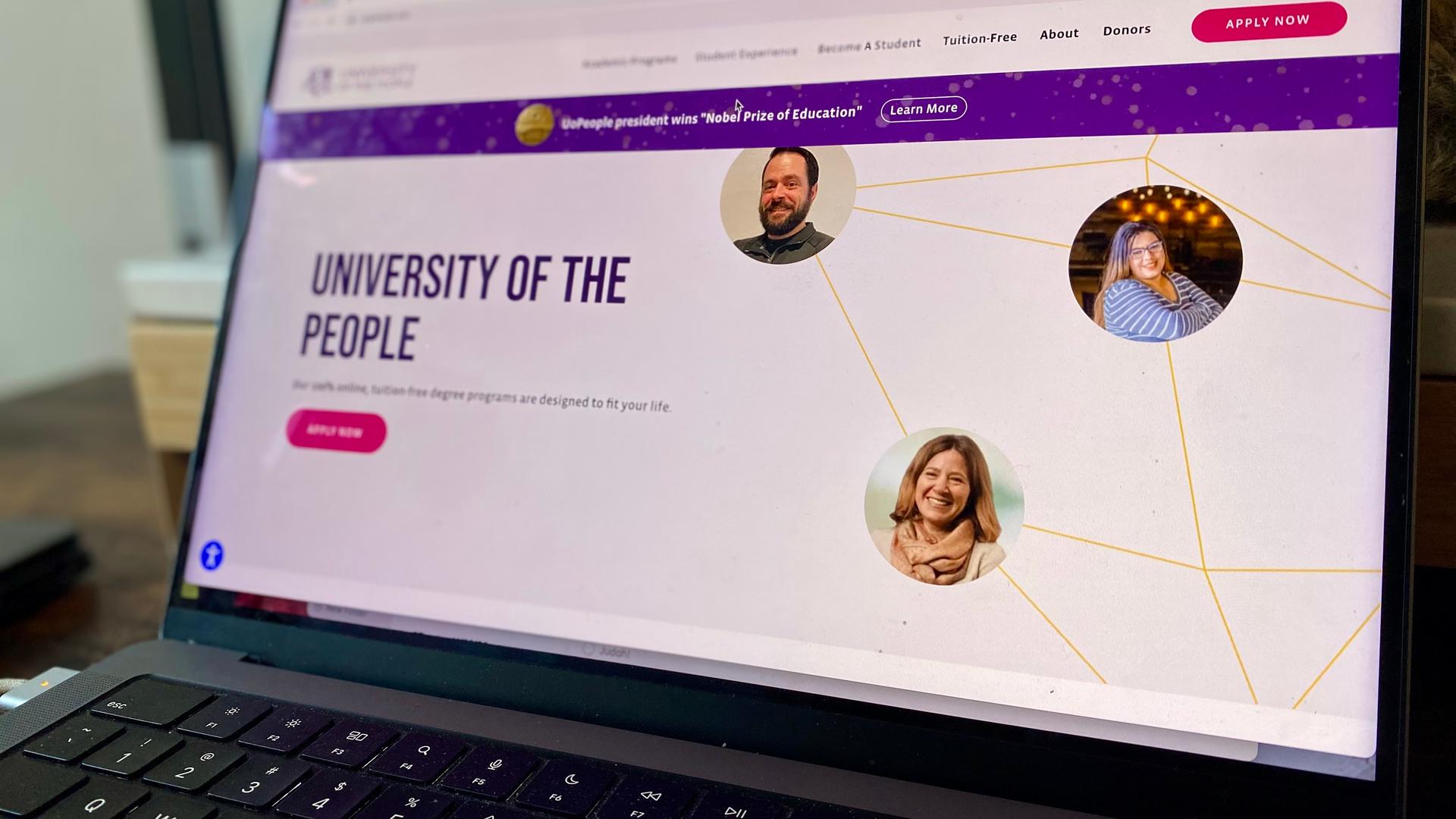‘University of the People’ offers tuition-free degrees for marginalized students across the globe
“Is this degree real?”
“Is it worth it?”
That’s what immediately pops up when you Google search “University of the People.”
The online university is indeed real and accredited in the US. It boasts professors from places like New York University and Rutgers and a partnership with Harvard Business School. And the university has real students, many of whom don’t have any other options.
“It was too good to be true,” Marina Evseeva said with a laugh, recalling the day she found out about University of the People.
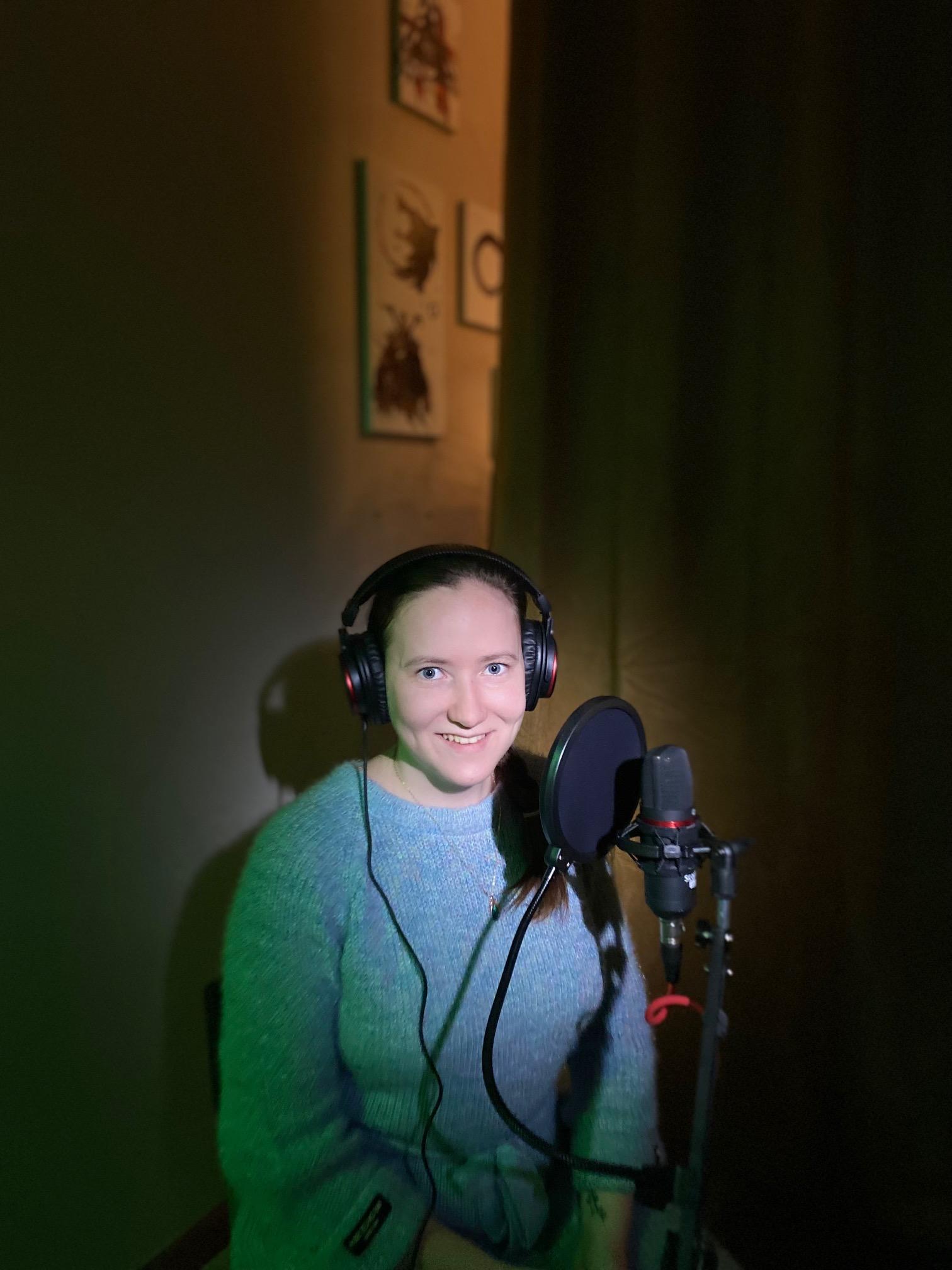
Evseeva left Russia in a hurry seven years ago, seeking political asylum in the US. She spoke no English and didn’t qualify for federal aid. College was not an option.
“I felt that it’s not possible because of finances, timing, no flexibility in a lot of colleges,” she said.
Evseeva discovered University of the People on Facebook.
The fast-growing online university serves a diverse group of people, including those who are homeless, undocumented, as well as those living in refugee camps.
On top of that, it’s tuition-free.
Evseeva researched more about the university. Before starting her degree, she discovered that University of the People would allow her to take an English course to improve her language skills. Even though the program was tuition-free, Evseeva would still have to pay a fee to test out of each course.
She ended up earning her bachelor’s degree in three years for about $4,000.
“For those who are ready for college and already want to pursue education, [and] they are determined to get results, they will get results,” she said.
Evseeva did get results. She graduated University of the People successfully, and received a scholarship to go to law school at the University of New Hampshire.
But she’s a star student. She admits that with this model, no one is going to hold your hand. And the school’s mission is to reach a marginalized population that might need some handholding.
“We have survivors of the genocide in Rwanda, the earthquake in Haiti,” said University President and Founder Shai Reshef. “Undocumented people in the US, homeless in the US.”
Reshef said they have about 137,000 students from more than 200 countries. More than 16,000 of them are refugees.
“We believe that these people, probably more than anyone in the world, deserve the opportunity for higher education,” he said.
Undoubtedly, this innovative model is reaching students with no other opportunities. But a bigger question is: Does it leave them better off?
“There are a lot of new providers in the higher education landscape,” said Robert Kelchen, a professor at the University of Tennessee, Knoxville.
Kelchen said name recognition is one of the biggest hurdles for a school like University of the People.
“Students do tend to have an … easier time getting that first job, if they go to a place that is better recognized,” he said.
But Kelchen thinks even with this challenge, University of the People offers something invaluable for those who need it.
“Maybe it ends up in a degree at some point, or maybe it ends up helping them get over the hump to where they can … continue their education somewhere else in the future,” he said.
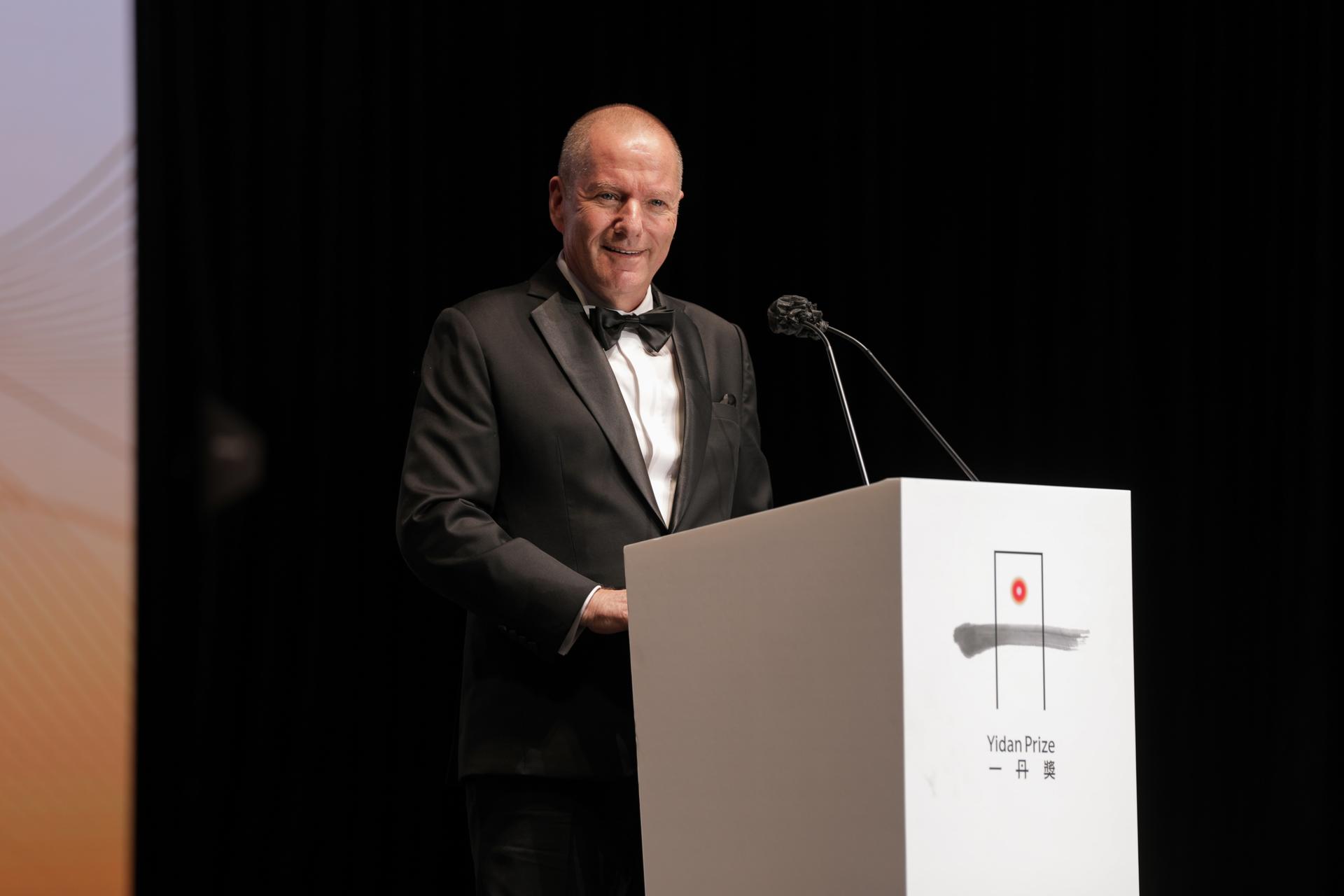
University of the People is already fully accredited as a distance learning institution, and now it’s also seeking a more traditional accreditation. As part of that process, it’s been asked to work on raising its graduation rates, which are estimated at 25% by the US Department of Education. That’s lower than the average community college in the US, which is about 36%.
Shai Reshef said one way to raise those rates is to be more selective in the admission process — something it’s unwilling to do.
“We have [an] open gate policy,” Reshef said. “We tell everyone with a high school diploma, ‘Come to us, take two courses.’”
Reshef knows he’s serving a vulnerable population who can’t afford to waste money or time. That’s why about half of the students receive scholarships.
“And time is also important,” Reshef said. “But compared to the alternative, you know, what alternative? It’s us or nothing.”
Graham Kahindi lives on the coast of Kenya. He found out about University of the People on social media and received a full scholarship offered specifically for African students.
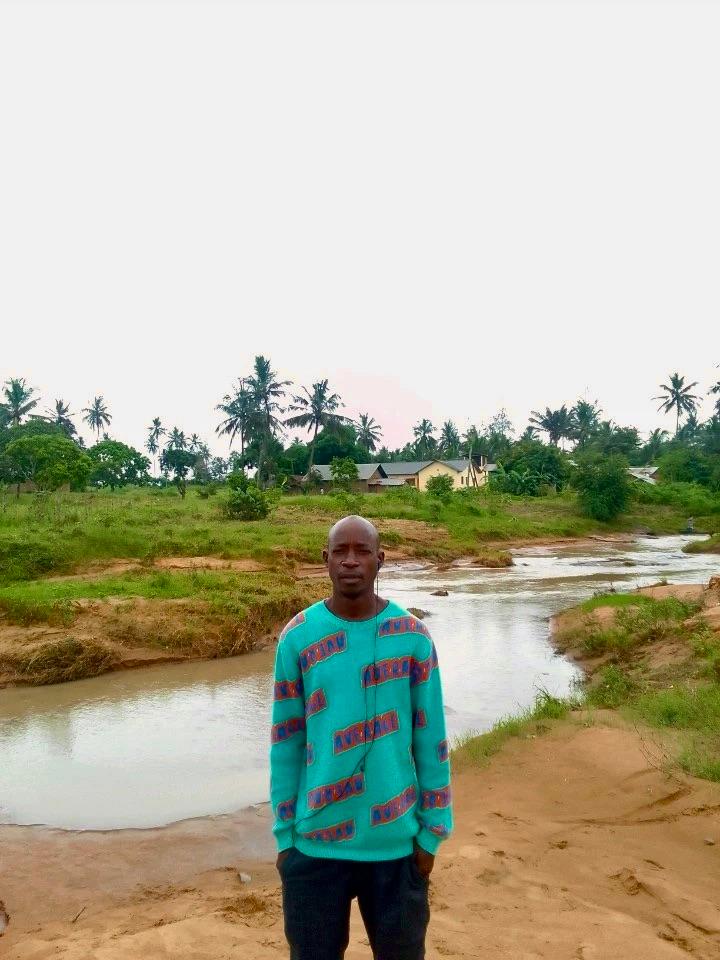
“If you want to succeed in life, then you have to commit yourself,” he said. “No matter what the situation you’re going through.”
Kahindi works as an electrical installer, and he’s pursuing his associate’s degree in computer science. He can’t afford a laptop, so he does all his classes on his phone.
“You have to adapt,” Kahindi said. “You have to adapt and keep going.”
To keep costs low and offer free degrees for people like Kahindi, University of the People has no physical campus. It doesn’t use expensive textbooks, but instead leans on many open-source materials. And all the professors are volunteers — like Veronica Semenova. She’s based in Cyprus and teaches health science.
“We share the most valuable thing that we have,” Semenova said. “Our time.”
Like other professors in online programs, Semenova spends most of her time with students — not in the classroom, but grading papers, moderating online forums and advising the students.
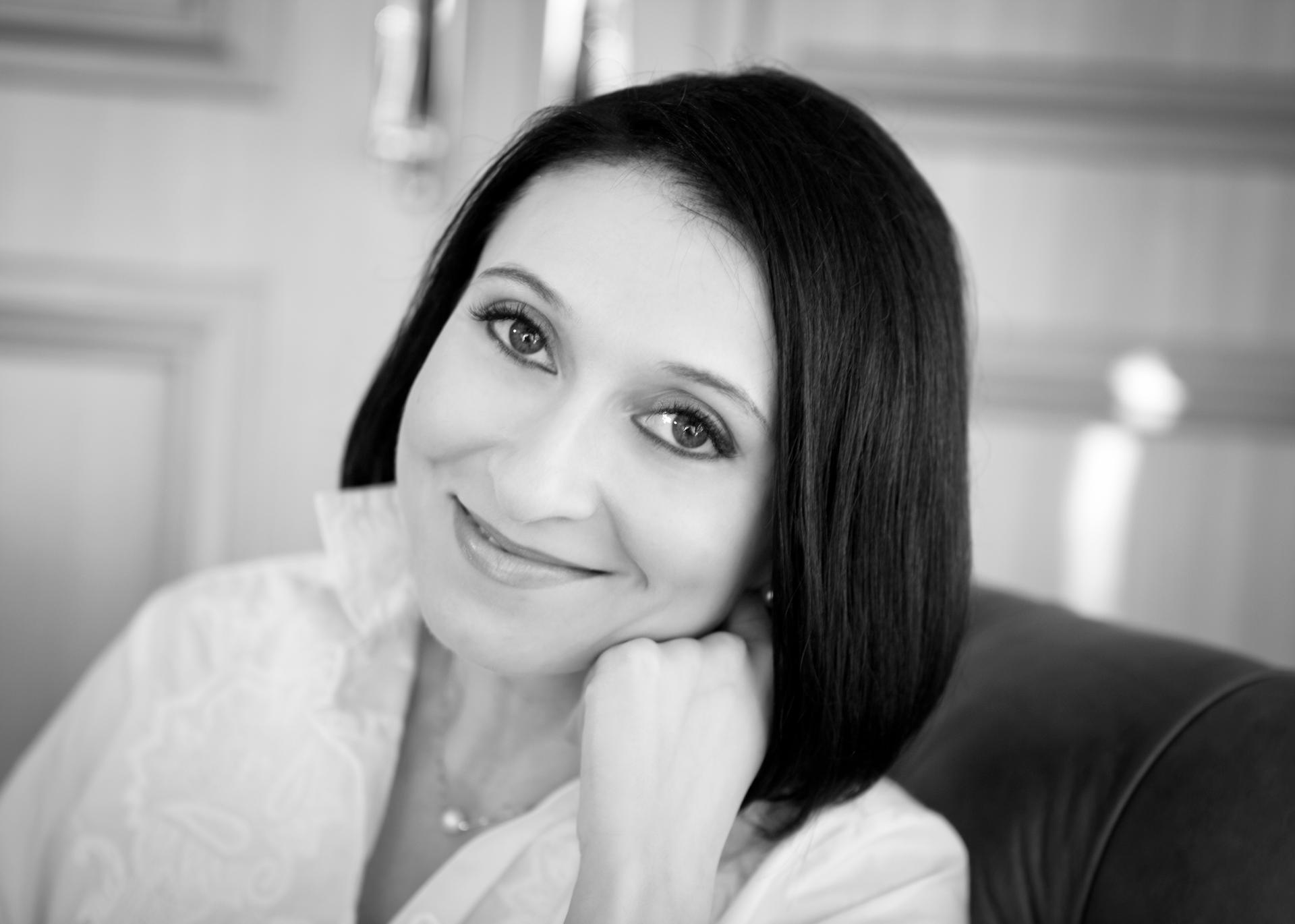
“Our curriculum is being updated regularly,” she said. “So, if I may judge, it’s even a more strict and rigorous process than in other institutions.”
Semenova said she’s been inspired by her students, like one girl in Afghanistan, who had to study in secret and use a false name.
“There is some higher purpose in many people,” Semenova said. “And no matter what difficult conditions and circumstances they are in, they find the strength, they find this light within them, to go on.”
Semenova doesn’t know if this flexible, tuition-free model is sustainable. She hopes it is, though. She plans to continue doing her part and giving her time to educate those who dream of a degree.
Our coverage reaches millions each week, but only a small fraction of listeners contribute to sustain our program. We still need 224 more people to donate $100 or $10/monthly to unlock our $67,000 match. Will you help us get there today?
